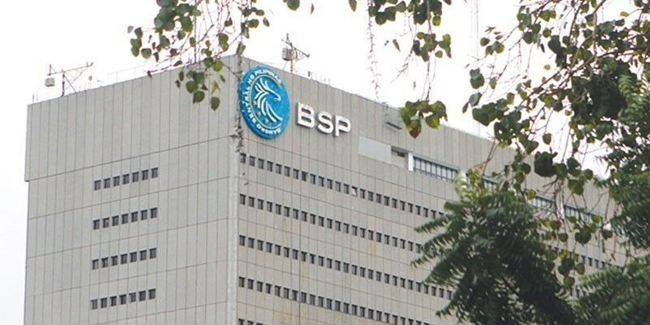The Philippines is in a “better position” to weather the impact of geopolitical crises, according to BSP.
BSP — The Bangko Sentral ng Pilipinas said that the Philippines is in a “better position” to weather the impact of geopolitical crises.

BSP Governor Benjamin Diokno said that the country is in a “better position” to weather the impact of geopolitical crises such as the ongoing tension between Ukraine and Russia.
Diokno said that unlike in the past when oil price shocks fuelled debt and foreign exchange crises, the country is better equipped today.
Based on BSP data, the country’s GIR (gross international reserve) level hit USD 108.89 billion in December 2021 which is more than adequate external liquidity equivalent to 10.3 months’ worth of imports of goods and payments of services and primary income.
According to Diokno, there should be a significant increase in oil prices to warrant a revision in the central bank’s inflation forecast.
READ ALSO: BSP Set To Establish Common Framework Across Trust Industry On Benchmark Selection
Inflation is seen to average 3.7% in 2022 and 3.3% next year. Those targets can be met as long as the oil’s USD99/barrel threshold isn’t breached. However, the ongoing conflict is a risk to the price of oil and the global markets.
The country relies heavily on importation for fuel, especially now after the shutdown of the Shell refinery in Batangas. Almost all commodities and products are heavily tied to world oil prices.
“We don’t know yet, the situation is fluid. As far as oil prices is concerned, our threshold is $95 per barrel,” Diokno said. “It has to be a sustained increase at over $95 for it to make a significant change in our forecast.“
Brent crude, which is one of the international benchmarks, hit more than USD100/barrel for the first time since 2014. The country, however, follows Dubai crude benchmark which now around USD91/barrel.

Also, stakeholders fear a surge in flour prices since Russia and Ukraine are two of the biggest exporters of wheat, which is milled into flour.
Based on a report on ABS-CBN News, the consumer price index just settled back within target at 3% in January and 3.6% in December 2021 after hovering above the 2% to 4% target for the majority of last year because of the coronavirus pandemic and shortage of meat supply, among others.
Diokno said that remittances, as well as foreign direct investments, have proven to be resilient during the pandemic providing enough dollars as a buffer from external shocks.
Thank you for visiting Newspapers.ph. You may express your reactions or thoughts in the comments section. Also, you may follow us on Facebook as well.
